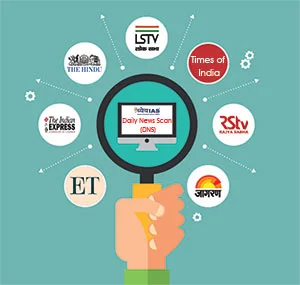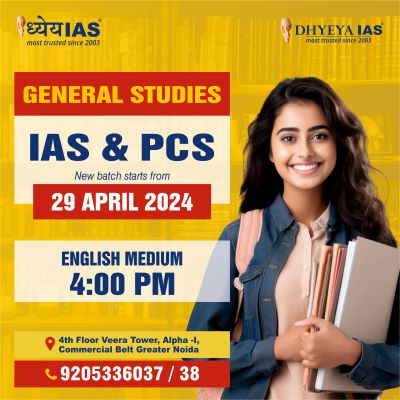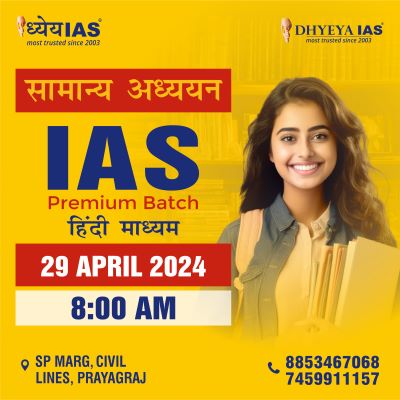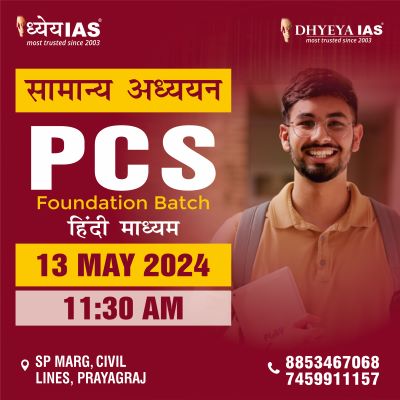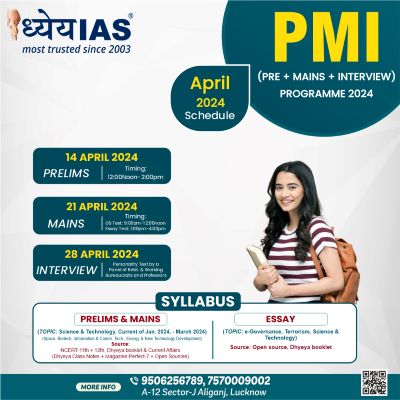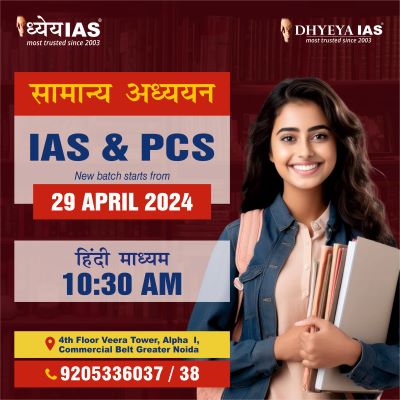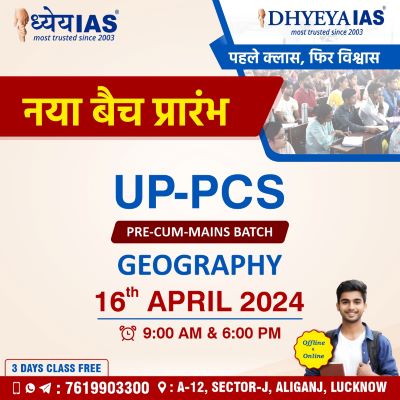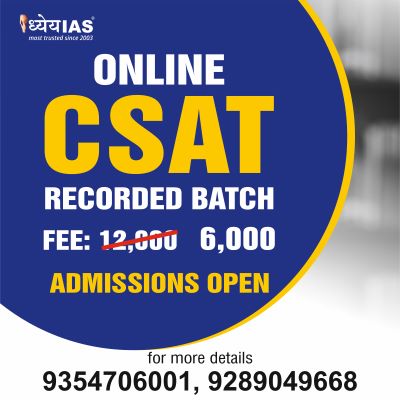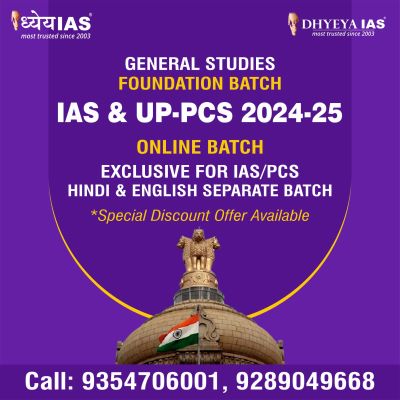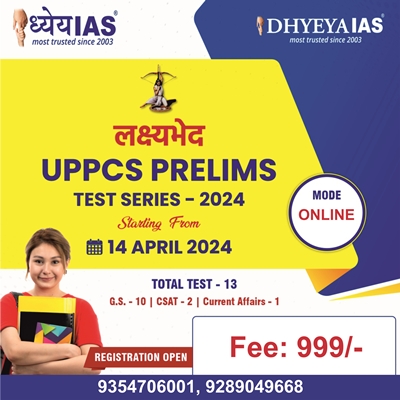(Daily News Scan - DNS English) One Nation One Ration Card
Important Points:
The government is planning to launch ONE NATION ONE RATION CARD scheme by July 2020. This scheme will allow portability of food security benefits to the poor working class people migrating from one state to another. It will enable them to buy wheat and rice at a subsidised price from any ration shop. They can avail this facility only if their ration card is linked to the Aadhaar card.
In today’s DNS we will talk about Ration card, its types and the details about the scheme of one ration card.
To understand the scheme better lets first get to know what is a ration card and its types. Ration card is an official document issued by the state government in India to the households eligible to buy subsidized food grains from Public Distribution System under the National Food Security Act. There are two types of ration card- Priority Ration Card and Antyodaya Card. The Priority Ration card is issued to the households which meet the criteria set by the state government and is entitled to 5 kg of food grains per person. Whereas the Antyodaya card is issued to the poorest households and they are entitled to 35 kg of food grains.
The National Food Security Act (NFSA) is a step taken by the Parliament of India aiming to provide subsidized food grains to approximately two third of Indian population. NFSA includes the Midday meal scheme, Integrated Child Development Scheme and the Public Distribution System (PDS).
Now talking about the ONE NATION ONE RATION CARD SCHEME, this will benefit the poor migrants who shift from one place to another for earning their living. They will have a benefit if they link their Aadhaar card with the ration card. They will be entitled to buy food grains from the nearby ration shops across the country. The people who are living in their local area or state do not have to necessarily link their Aadhaar with ration card until they are leaving the place to reside anywhere else. A migrant would be able to get subsidies only on the food items supported by the centre and not by the state. Which means even if a particular state provides food grains for free that migrant will still have to pay the subsidised rates. As per the government around 85% of people registered under NFSA have linked their cards with the Aadhaar.
States like Andhra Pradesh, Jharkhand, Rajasthan, Gujarat, Haryana, Karnataka, Kerala, Maharashtra, Telangana and Tripura offer the portability. There will be a need for Point of Sale machines on the PDS shops. The Point of Sale machines ensure the elimination of ineligible card holders. The focus of this scheme is to ensure all the people specially the poor ones are not left deprived of the subsidized food grains. Along with the security of food this scheme will be helpful to deal with corruption. An integrated online database Integrated Management of PDS (IMPDS) will be created to implement this scheme which will also help in eliminating the duplicate cards.
For the implementation of this system the state governments are asked to fast track their work. All the PDS shops have their own rules and regulations which will create issue to the people after the issue if this system. PDS usually do not work efficiently and after the implementation of scheme there will be more issues and challenges. In order to have a smooth application of this scheme the government should first tackle and clear the issues related to PDS and then move onto this scheme.

